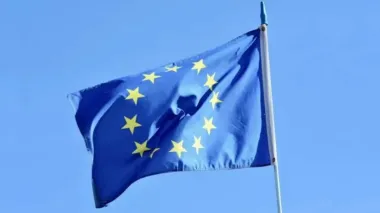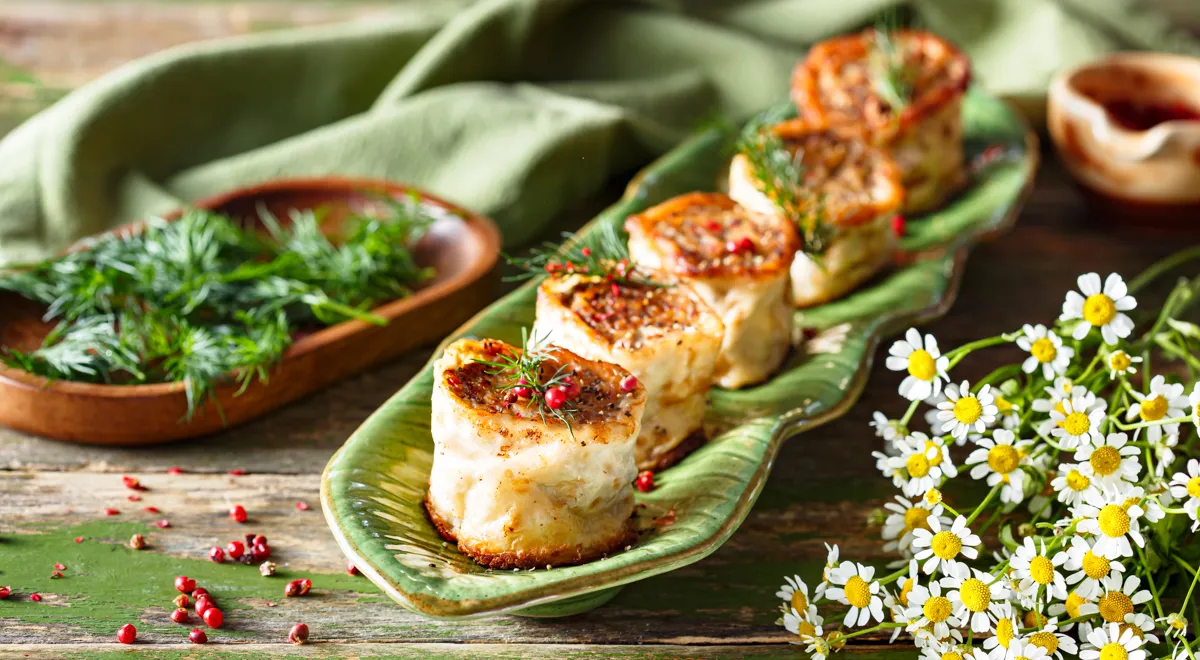EU imposes prohibitive tariffs on Russian and Belarusian agricultural goods

On 22 May 2025, the European Parliament approved a regulation raising customs duties and tariffs on agricultural products and nitrogen-based fertilisers from Russia and Belarus to levels designed to halt their import into the European Union.
Source: European Pravda correspondent citing EU Regulation on modification of customs duties applicable to imports of certain goods originating in or exported directly or indirectly from the Russian Federation and the Republic of Belarus
Details : The regulation, adopted in Brussels on 22 May 2025, aims to block access to the EU market for Russian and Belarusian agricultural commodities and fertilisers under preferential terms.
"The proposed regulation would increase tariffs for the concerned goods originating in or exported directly or indirectly from the Russian Federation or the Republic of Belarus to a level high enough to halt the importation of these goods," says the explanatory note to the draft Regulation, the text of which has been seen by European Pravda.
The measures will take effect after formal approval by the EU Council and official publication.
The tariffs target the remaining 15% of Russian agricultural imports not yet subject to increased duties, ensuring all Russian agricultural imports face EU tariffs . For agricultural goods, tariffs will rise by an ad valorem duty of 50%.
For fertilisers, in addition to the existing 6.5% ad valorem duty, an additional specific duty will apply, starting at €40-€45 per tonne in 2025–2026 (approximately 13% ad valorem equivalent), and increasing to €315-€430 per tonne by 2028, a prohibitive level.
"The aim of this Regulation is to eliminate dependencies on imports from Russia and to prevent circumvention through Belarus. Through increased import duties and prohibitive tariffs, the Russian share of fertiliser import into the EU will gradually be replaced by other sources. Some of the EU Member States have already decoupled from Russian nitrogen-based fertilisers, without seeing shortages of supply or market price increases," the explanatory note explains.
The tariffs will bolster domestic fertiliser production in the EU , which has been impacted by the energy crisis and low-cost Russian imports. Alternative suppliers, including Egypt, Algeria, Norway, Morocco, Oman and the United States, can replace Russian exporters.
Background:
- Since July 2024, the EU has imposed tariffs on most agricultural products from Russia and Belarus, particularly grain.
- Ukraine, Poland and the Baltic states have long advocated a complete ban on these imports.
Support Ukrainska Pravda on Patreon !









